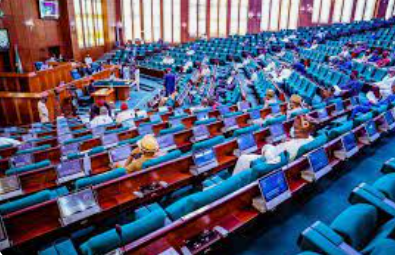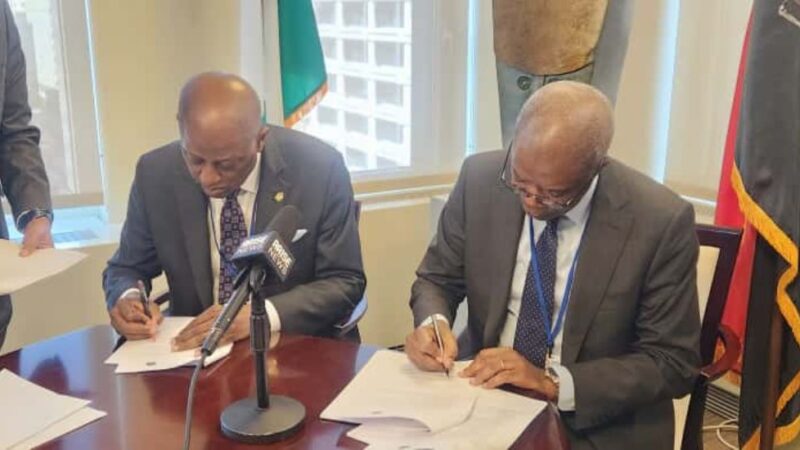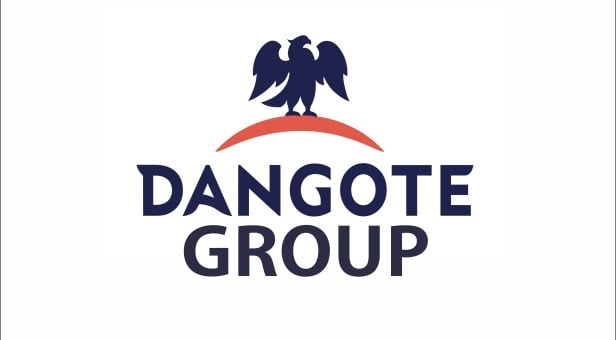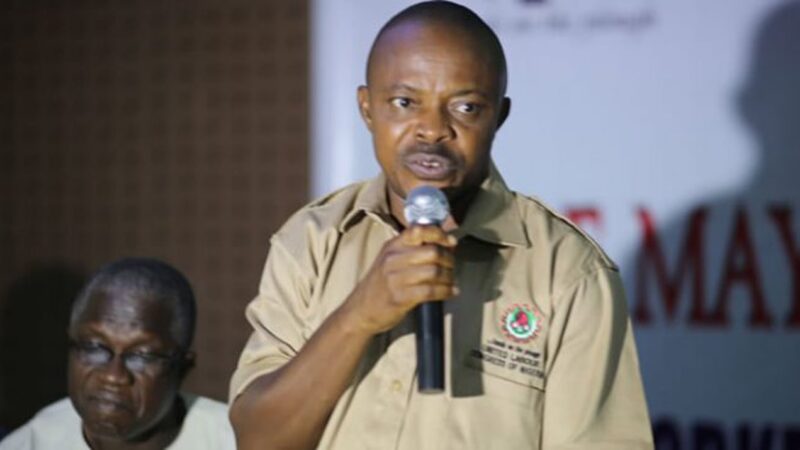Enforce procurement law, Dangote, MAN urge FG
 The President/Chief Executive of Dangote Industries Limited, Aliko Dangote, and the Manufacturers Association of Nigeria have called on the Federal Government to amend the Public Procurement Act to embed the Nigeria First Policy and link budgetary releases to verified compliance with local content targets.
The President/Chief Executive of Dangote Industries Limited, Aliko Dangote, and the Manufacturers Association of Nigeria have called on the Federal Government to amend the Public Procurement Act to embed the Nigeria First Policy and link budgetary releases to verified compliance with local content targets.
Dangote made the call on Thursday in Lagos while delivering the keynote address at the 53rd Annual General Meeting of MAN, themed “Nigeria First: Prioritising Made-in-Nigeria.”
He urged the government to “gazette the Nigeria First Policy as a binding law with punitive measures for non-compliance,” stressing that Executive Orders 003 and 005 failed because of “weak enforcement.”
“The Public Procurement Act should be amended to embed the Nigeria First Policy and link budgetary releases to verified compliance levels,” Dangote said. “The government must mandate all MDAs to allocate at least 65 per cent of their procurement budgets to locally manufactured products
He proposed the establishment of an Independent Monitoring and Compliance Agency to audit Ministries, Departments, and Agencies, as well as their contractors, in real time, with sanctions for defaulting entities, including budget cuts and blacklisting from public tenders.
Dangote stated that a properly legislated and consistently enforced policy would strengthen the local manufacturing base, create jobs, and promote self-sufficiency.
“The Nigeria First Policy is not just an economic slogan but a strategic blueprint for industrial survival and prosperity,” he said.
He warned that Nigeria must avoid a repeat of the textile industry’s collapse, which resulted in over 500,000 job losses due to unchecked importation and poor policy enforcement. “Revitalising domestic industries requires not just protectionism but targeted investment in infrastructure, skills, and technology,” he added.
The industrialist outlined eight expectations from the Nigeria First framework, including policy consistency, the creation of a national supplier registry in partnership with MAN, and the institutionalisation of transparent monitoring systems.
He also called for tax incentives for firms investing in backward integration, local sourcing, and research, as well as cheaper credit for manufacturers, especially SMEs supplying government contracts.
“Manufacturers need single-digit interest rates and priority access to foreign exchange for machinery and inputs,” he noted.
Dangote urged the Federal Government to address infrastructure and energy deficits, saying, “Without reliable power and efficient transport systems, local manufacturers cannot meet the demands of the Nigeria First procurement goals.”
Earlier in his welcome address, President of MAN, Francis Meshioye, commended the Federal Government’s ongoing industrial reforms, including the establishment of the Industrial Revolution Working Group and the Presidential Economic Coordination Council.
He, however, stressed that the Nigeria First Policy must be “fully legislated and implemented” to ensure measurable outcomes for local producers. “We are eager to see this policy move from advocacy to action. It holds the potential to significantly boost the manufacturing sector and improve citizens’ welfare,” Meshioye said.
Also speaking, Minister of State for Industry Senator John Enoh reaffirmed the government’s commitment to advancing industrial backward integration and local sourcing. He disclosed that the ministry would, by December 2025, issue procurement documentation guidelines requiring justification when imported goods are preferred over certified local alternatives.
He added that the Bank of Industry, SMEDAN, and MAN would collaborate to graduate 1,000 MSMEs into certified supplier chains by 2026, while energy and transport ministries would prioritise dedicated power and logistics infrastructure for industrial clusters in Lagos, Ogun, Kano, Kaduna, Aba, and Onitsha.
Dangote concluded his address by urging collaboration between government and industry to ensure the policy translates into tangible national growth. “Every nation is in a race to improve the living conditions of its citizens. Nigeria must act decisively. The Nigeria First Policy gives us a fighting chance to compete globally,” he said.







